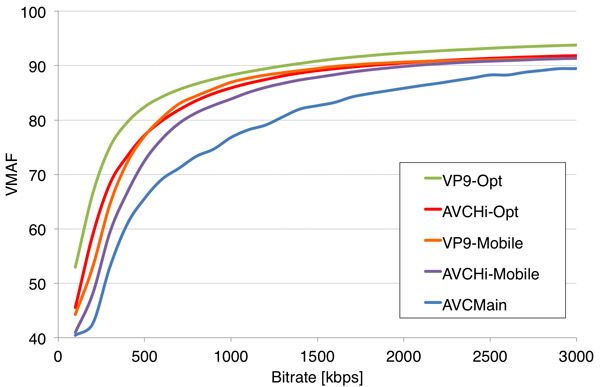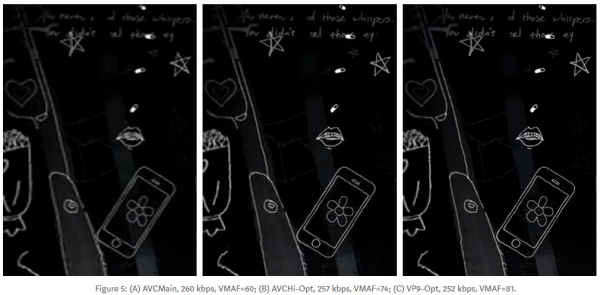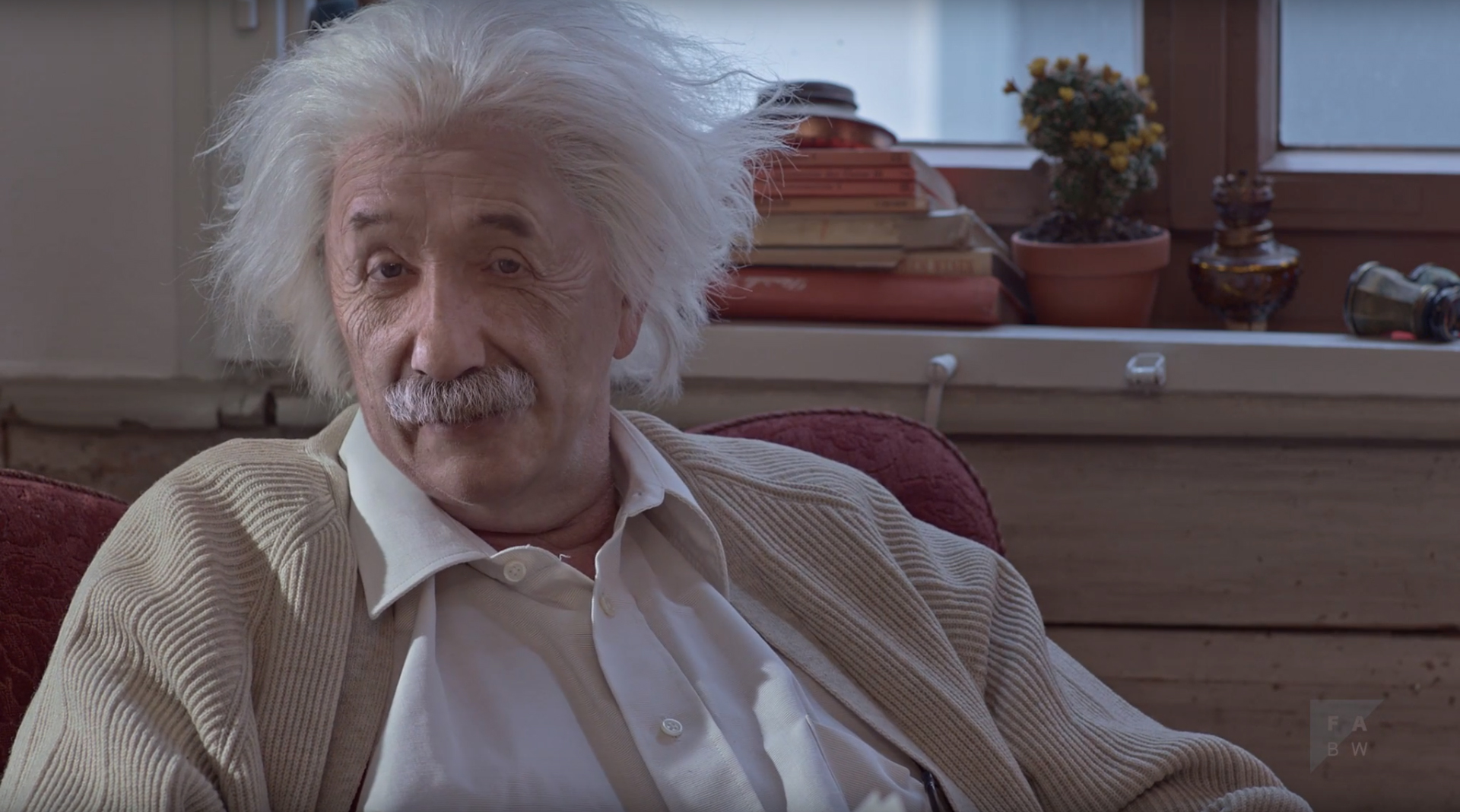[08:33 Sun,18.March 2018 by Thomas Richter] |
In order to optimize its videos for mobile users (after all about 30% of all viewers) Netflix recently recompressed its entire archive with the result that the data rate of videos for mobile end devices could be reduced from 750 kbps to 270 kbps with the same image quality. A 4 GB data rate is now sufficient for 26 hours of mobile movie enjoyment instead of only 10 hours before. This is positive for users who now use less data when watching movies via smartphone, but of course also for Netflix itself. Also a poorer Internet connection with a lower data rate is now sufficient for smooth streaming. During recompression, the movies were analyzed and re-encoded based on each scene using the Netflix Video Encoding Optimization Framework - a scene with a lot of action is now delivered at a higher bit rate than a quiet conversation scene. One episode of the Netflix series "Stranger Things" has around 900 different settings, each of which is compressed with different parameters for testing purposes. According to Netflix tests, this dynamic encoding alone results in a 28-38% reduction of the bit rate for the same image quality compared to a fixed encoding independent of the codec (VP9/AVC-High/HEVC).  Encoding Comparison bitrate and image quality By using the VP9 a further improvement is achieved: optimized VP9 achieves the same image quality with 400 kbps as optimized AVCHi with 600 kbps, VP9-Mobile with 580 kbps, AVCHi-Mobile with 720 k and AVCMain with 1260 kbps. Depending on the connection and capabilities of the end device, Netflix now delivers optimized versions of its films via AVCHi-Mobile or VP9 - each with a significantly lower bit rate than before. In the future, Netflix will further optimize the compression of its content using the Alliance for Open Media&s free Netflix currently delivers films with a maximum resolution of 4K, but has reserves for further future increases in resolution, as in-house productions such as the Marvel series Jessica Jones are shot in 6K.  Image comparison AVCMain vs AVCHi optimized vs VP9 optimized at around 260 kbps deutsche Version dieser Seite: Netflix spart 30% Daten durch Encoding-Optimierungen und VP9 Codec |





